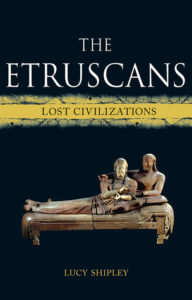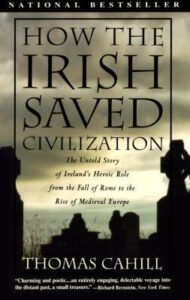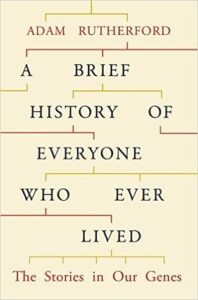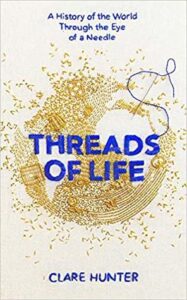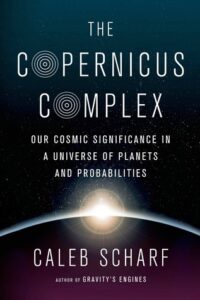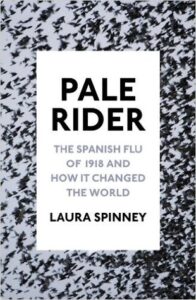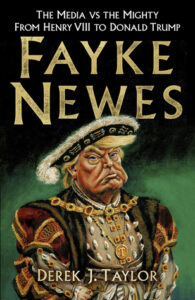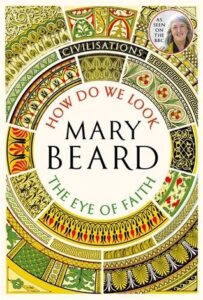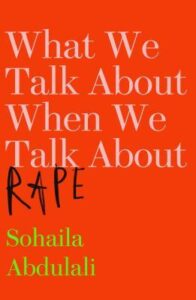 What We Talk About When We Talk About Rape, Sohaila Abdulali
What We Talk About When We Talk About Rape, Sohaila Abdulali
My experience of this book is positive, but it is about rape, all kinds of rape, and it’s not skimpy on the details. If you’re going to find the topic of rape viscerally upsetting, please don’t read this review! I don’t want anyone to feel unsafe, although I think the book in itself is potentially really helpful.
The title pretty much encapsulates what the book is about: Sohaila Abdulali thinks that rape has been a taboo and difficult subject for too long, leaving too many struggling in silence, and now is a perfect moment to let in some more light and talk about the issue. This isn’t some academic pronouncement from on high: Abdulali herself was the victim of a violent rape, many years ago — something she is frank about, and an experience that retains its horror in the telling, although it is now an event she has healed from.
Despite that, she’s matter-of-fact, in a way that means my primary feeling about the book was not horror or despair or any such emotion, but the hope that I think she wanted to convey. I found the whole thing oddly comforting: she recognises so many different kinds of rape, so many different reasons and reactions and aftermaths. There’s no one right way to have been raped, here: she accepts all kinds of stories, whether it’s a child being raped by someone they trust or a prostitute who tried to say no after money had already changed hands. There’s no one type of victim she thinks is more justified in being hurt and feeling unsafe, no situation she singles out as being better or worse than another. Honestly, to me, the narrative here says: “What happened to you was bad, whatever it was. It’s awful, but we can look at it and unpick it and it doesn’t have to be this one big monolith dominating your whole life. But whatever it is, it’s okay.”
The book did have a couple of downsides — at times it felt a little scatterbrained, unfocused in its approach. It’s very personal, rather than being just academic or just political or just feminist — it’s Sohaila Abdulali sitting down and taking a look at the world, and making sure some things we keep in the dark are really seen for what they are and what they mean. She has plenty of statistics to quote, but in the end it feels like she’s sitting and working through a mass of trauma — not all her own — conversationally, opening up a space for it, and making us see it. Perhaps it makes sense, in that way, that it’s a little disjointed at times.
I’m very glad I read it. It sounds like a heavy topic, but somehow in Abdulali’s hands, it’s not. Or rather, it is, but it’s one we can handle, and must handle, and stop trying to look away from (either from fear or from respect for victims).
Rating: 4/5
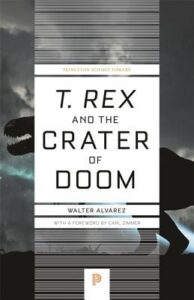 T. Rex and the Crater of Doom, Walter Alvarez
T. Rex and the Crater of Doom, Walter Alvarez
